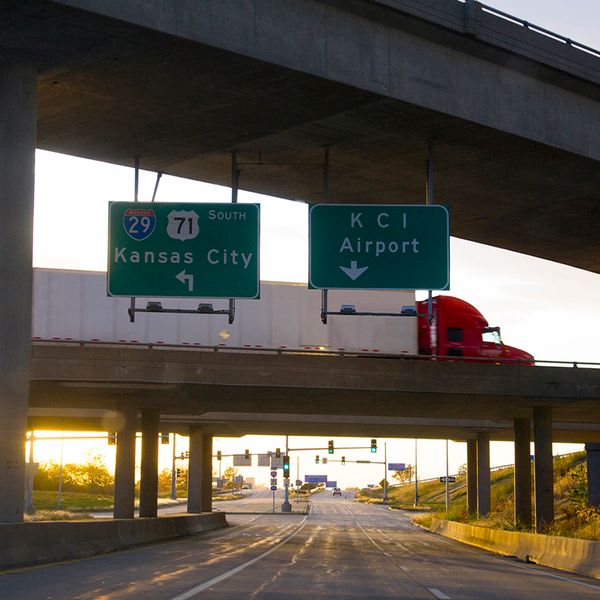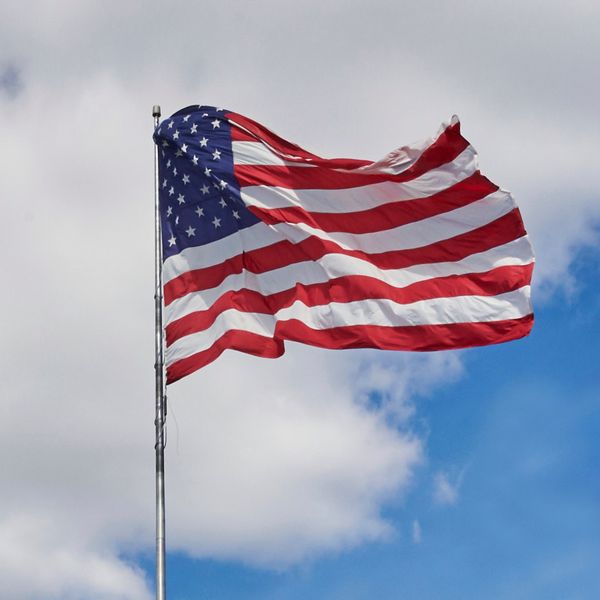Proper permitting: It’s harder than it sounds
A private intrastate company with a large box truck receives a request to move some items for a related company across the state line. “Should be no problem,” states the owner, “I just need to get some permits for the move.”
Simple enough, right? Or is it? Making some calls, the owner finds several problems that could cause the potential revenue opportunity to dry up quickly.
Problem 1: Intrastate vs. interstate
The driver, truck, and load are crossing a state line — the move is an interstate move. The company may have a USDOT number because the state requires one for its intrastate carriers, but a USDOT number itself does not permit interstate travel. The company needs to register with the Federal Motor Carrier Safety Administration (FMCSA) as an interstate carrier. If the company already has a USDOT number, an updated MCS-150 needs to be submitted indicating that the company operation is interstate. If the carrier does not have a USDOT number, the online form MCSA-1 will need to be submitted. Either way, no major delay will result, but the carrier will be subject to a new-entrant audit. There are no temporary permits that allow an entity that is not registered with the FMCSA as an interstate carrier to have any part of an interstate movement.
Problem 2: Federal Motor Carrier Safety Regulations
When involved in interstate transportation, the Federal Motor Carrier Safety Regulations (FMCSRs) need to be followed. When strictly operating intrastate, the rules of the state apply. Often, the state rules are not as restrictive as the federal regulations. This means that for an interstate trip, the driver and company need to follow all the applicable federal rules including hours of service, driver qualification, vehicle inspection, and maintenance. To be compliant, the federal rules may need to be followed for a period before and after the interstate move.
Problem 3: For-hire authority
As noted, the company is a private carrier. Even if the entity has some sort of state authority, to operate as a for-hire carrier in interstate commerce, authority must be requested and granted by the FMCSA. For-hire authority is often referred to as a motor carrier or MC number. The process to obtain authority is much longer than that to receive a USDOT number. The company will need to submit an application (the OP-1 form) along with a one-time $300 remittance. To have for-hire authority, a carrier also needs to designate process agents on the BOC-3 form, and demonstrate financial responsibility to the levels required by 49 CFR 387.9. Like FMCSA registration, there are no trip permits for authority.
Problem 4: Unified Carrier Registration (UCR)
Private property carriers, for-hire passenger, property, and exempt commodity carriers, freight forwarders, leasing companies, and brokers engaged in interstate commerce are subject to annual UCR registration. Each entity must submit an annual filing and be registered before operating in interstate commerce. UCR fees are based on the number of vehicles engaged in interstate commerce and the carrier can deduct the vehicles that remain strictly intrastate from the final vehicle count. The carrier would need to file and pay UCR prior to operating interstate.
Problem 5: Vehicle registration and fuel tax
When operating intrastate, the issues of vehicle registration and fuel tax are easily addressed. The vehicles are typically registered annually and receive a base plate from base state, and the fuel tax is paid at the pumps. There are usually no reports to complete and no records to retain. This is not the case when traveling interstate. Most companies that regularly engage in interstate transportation and that have qualifying vehicles participate in the International Registration Plan (IRP) plus the International Fuel Tax Agreement (IFTA). These programs both apply to interstate vehicles that have a gross weight or registered gross weight that exceeds 26,000 pounds, or any vehicle with three or more axles, regardless of weight.
However, if this is a one-time trip, temporary trip and fuel permits are available. When deciding between trip permitting and permanent IFTA and IRP credentials, our general guideline is five interstate trips per year. If you exceed that number of trips out of state, permanent IFTA and IRP permits are probably the best options.
Key to remember: Keeping your options open regarding freight opportunities may be a great source of revenue for your company. Just be certain to have proper permits in place to avoid penalties from law enforcement.






















































